Pursuer distancer relationships cause a lot of heartache, especially for a pursuer. Learn about the mind of a distancer to understand your own or your partner’s behavior so you won’t take it personally.
As codependants, we usually gravitate toward insecure relationships where we’re a distancer or a pursuer. We may be a distancer in one relationship and a pursuer in the next. This is due to early attachment problems and dysfunctional parenting.
Reacting makes it worse! A distancer reacting by withdrawing or the pursuer reacting by pursuing exacerbates conflict and unhappiness.
Understand The Mind Of A Distancer
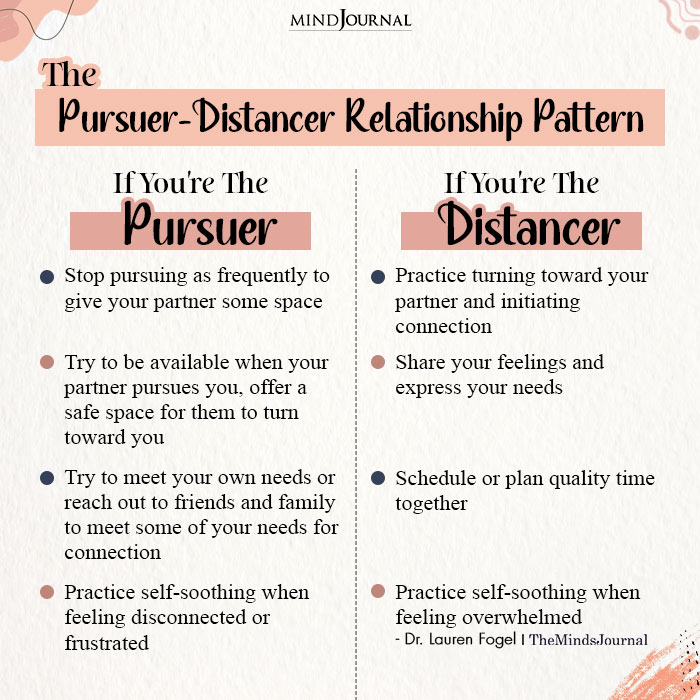
Idealization – Pursuer And Distancer
In the romantic phase of relationships, we feel marvelous. Idealization of our partner helps us fall in love and fill the evolutionary drive to procreate.
We’re uplifted by our positive feelings, the prospect of curing our emptiness and loneliness and healing by our partner’s loving gaze.
If our self-esteem is unhealthily high, idealization makes someone worthy of our love, and conversely, it lifts low self-esteem in that this wonderful person wants us.
We project aspects of our parents (and sometimes siblings) onto intimate partners in the hope of unconditional love to repair early trauma from inadequate parenting. In attempting to heal, we look for positive aspects we experienced as a child and also imagine our partner will fulfill what we missed.
Before long, we’re disappointed by reality and their lack of perfection. In some cases, they may treat us even worse than our parents did. The dissonance between our ideal and our real partner is the most difficult for perfectionists and narcissists pursuing perfection as a defense to shame.
As time together and intimacy increase, the dissonance and our disappointments mount. Simultaneously, so do our fears of being dependent, abandoned, controlled, or belittled as we were by our parent(s).
To defend against once more feeling trapped like a powerless, dependent child, we avoid and devalue our partner.
We act unilaterally, steer clear of emotional intimacy, project negative traits and motives, and magnify their failings. Minor flaws, habits, and mistakes give rise to aversion and dread that our relationship is doomed.
This strategy and distancing behavior help us to mentally “leave” our partner while still in the relationship. It’s also an artificial attempt to complete our unfinished separation-individuation process from our parents.
Related: Does Having High Standards Undermine Your Love Life? 4 Ways It Can Go Wrong
Splitting
However, we have a dilemma, because by now we’ve become attached to our partner, whom we’re afraid to lose, which creates abandonment anxiety. To manage, we resort to infantile defenses: denial and splitting.
An infant and child are not cognitively mature enough to understand that people are neither all bad nor all good. Infants compartmentalize negative aspects of their mother to preserve the good.
Mentally, we split our partner in two: the idealized good object and the devalued bad object. Now the idealized version of our partner takes a back seat to the new, devalued version.
At the same time, we feel superior to our partner who isn’t worthy of our love. This justifies our dislike and compensates for our internal shame, fear of abandonment, and insecurity.
Distancing Behavior and Attachment Styles
As a distancer, our behavior may be characterized as avoidant and uncommunicative, passive-aggressive, practicing an addiction, subtle devaluation such as eye-rolling, or anger ranging from irritability and negativity to rage and abuse.
The more we devalue our partner, the less attractive they become, creating a downward spiral of internal dissonance and abuse.
More aggressive and dramatic behavior likely indicates a personality disorder and an inability to exist in reality and relate to someone as a real person in the present time.
Due to childhood trauma and shame, the distancer’s partner similarly has an insecure attachment style. They also employ denial and splitting. They needn’t withdraw or devalue us since we’re devaluing them and providing distance that reduces their unconscious fears of intimacy and dependency.
(An exception is when two abusers or narcissists couple and attack each other; e.g., Mr. & Mrs. Smith) They maintain the connection with us by absorbing our devaluation and feeling inadequate; probably as we both did with a shaming parent or sibling.
To varying degrees, they deny the abuse or its impact and seek to retrieve the idealized version of us through acquiescing, pleasing, defending, and explaining themselves to be loved. This makes no impact because we’re set on devaluing our partner due to our internal fears.
As distancers, we withdraw, but rarely completely leave since we must avoid triggering our abandonment fears. If our partner withdraws too far, we attempt to restore the relationship.
Also, the dislike or contempt we may feel for our partner can become increasingly uncomfortable, especially when we realize we aren’t ready to leave. Eventually, we feel bad about ourselves, if only because we’re still in the relationship.
Thus, we can feel trapped. A healthy response would be to accept our disappointment in our partner and recall their positive traits and shared experiences.
Among insecurely attached couples, commonly, the love bond is temporarily restored in two ways: By reviving the idealized image of their partner and flirting, accommodating, communicating more, gift-giving, and seeking physical contact and sex.
A pathological reaction, typical of Cluster B personalities, is to escalate the abuse to push their partner further away making them even less undesirable. This way, they feel safe from the bad object, their partner has no worth in their eyes, and they don’t risk losing anyone deserving of their affection.
An abuser or narcissist might say, “You’re too old; no one would find you attractive.” While diminishing your worth, the dependent narcissist is simultaneously talking you out of leaving to quell abandonment anxiety! This gambit also restores narcissists’ false pride and security: “I’ll leave you before you leave me,” (if only in my mind); i.e., “You can’t hurt me.”
A partner’s attempt to revive the initial romantic phase and restore the idealized distancer through accommodation never works. Distancers and abusers only take notice when confronted with the threat of abandonment, such as when partners withdraw their attention or, in the extreme, threaten divorce.
If a partner responds to distancing with firm boundaries or threatens to leave, distancers temporarily awaken from their spell of projection, and they try to restore the bond by making false promises and employing the pursuer strategies noted above, or by making self-saving retorts; for example, “Can’t you take a joke.”
After a breakup, they may seek reconnection like narcissistic hoovering, or quickly find another person they can idealize anew, but then repeat the same devaluing process.
We may switch pursuer-distancer roles, and be a pursuer in one relationship and distancer in the next. Pursuer and distancing behavior will continue until codependency is overcome and we gain greater internal security and individuation. But, we can change our attachment style!
This usually requires individual therapy because much of our thoughts and behaviors are driven by unconscious forces that imprison us.
Only through becoming more conscious, healing our shame, and learning new behaviors can we feel safe in the world and accept ourselves and others as imperfect, lovable, human beings. Self-love and autonomy enable us to love and be loved.
Listen to the Self-Love Meditation, and take steps to Conquer Shame and Codependency: 8 Steps to Freeing the True You and in Dating, Loving, and Leaving a Narcissist: Essential Tools for Improving or Leaving Narcissistic and Abusive Relationships.
© 2024 Darlene Lancer
Related: 5 Stages Of A Dying Marriage: Is It Beyond Repair?
Now that you have learnt about the mind of a distancer, share your thoughts on pursuer distancer relationships in the comments below!
Written by: Darlene Lancer
Originally appeared on: What Is Codependency
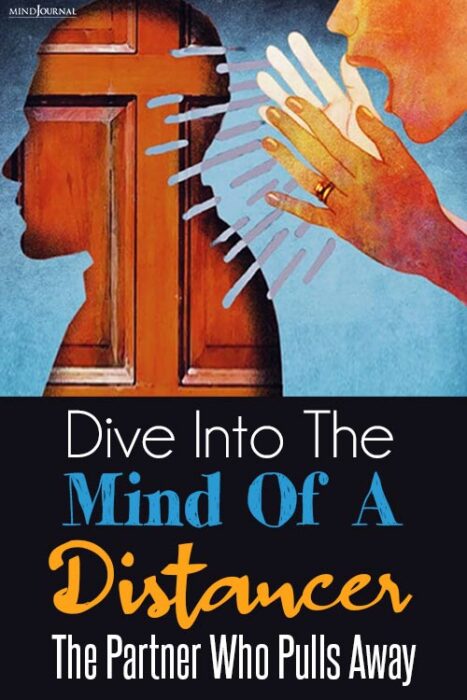
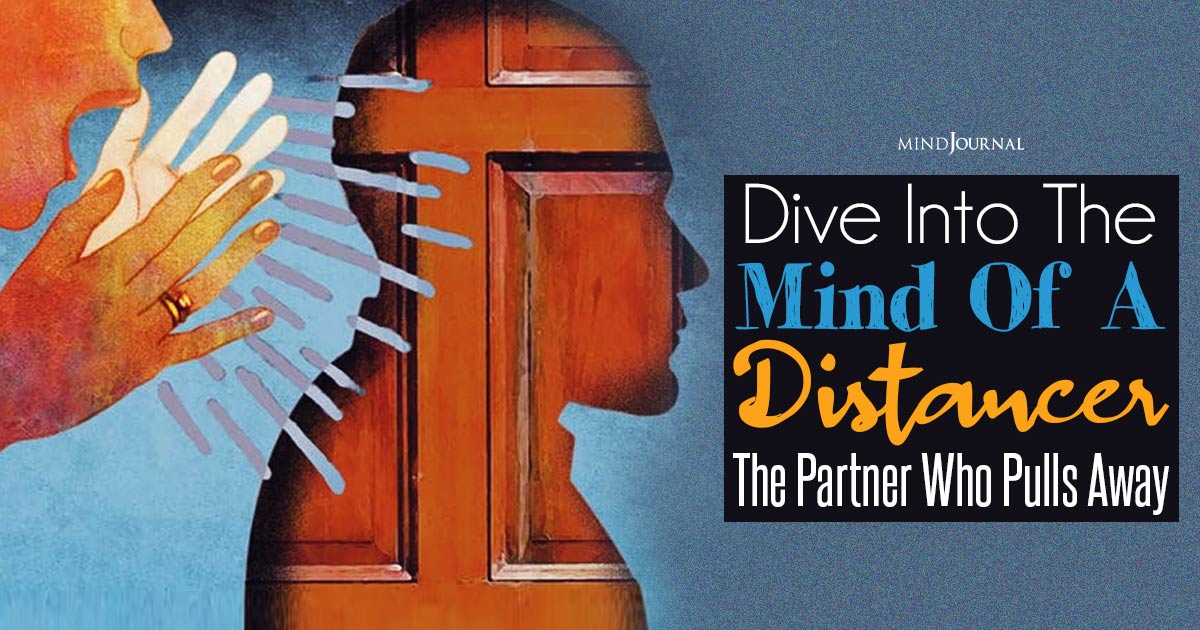




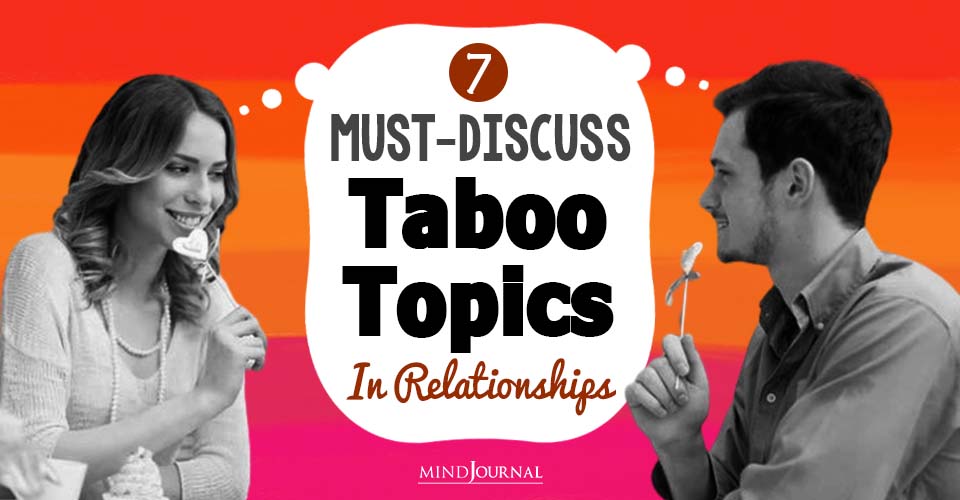

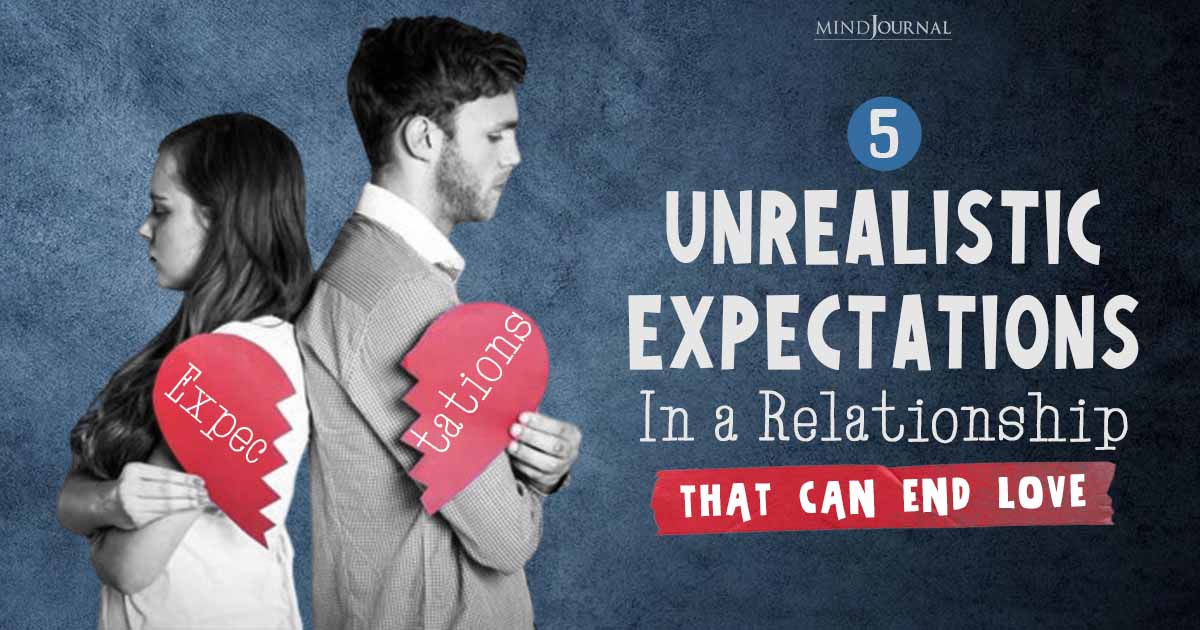
Leave a Reply
You must be logged in to post a comment.